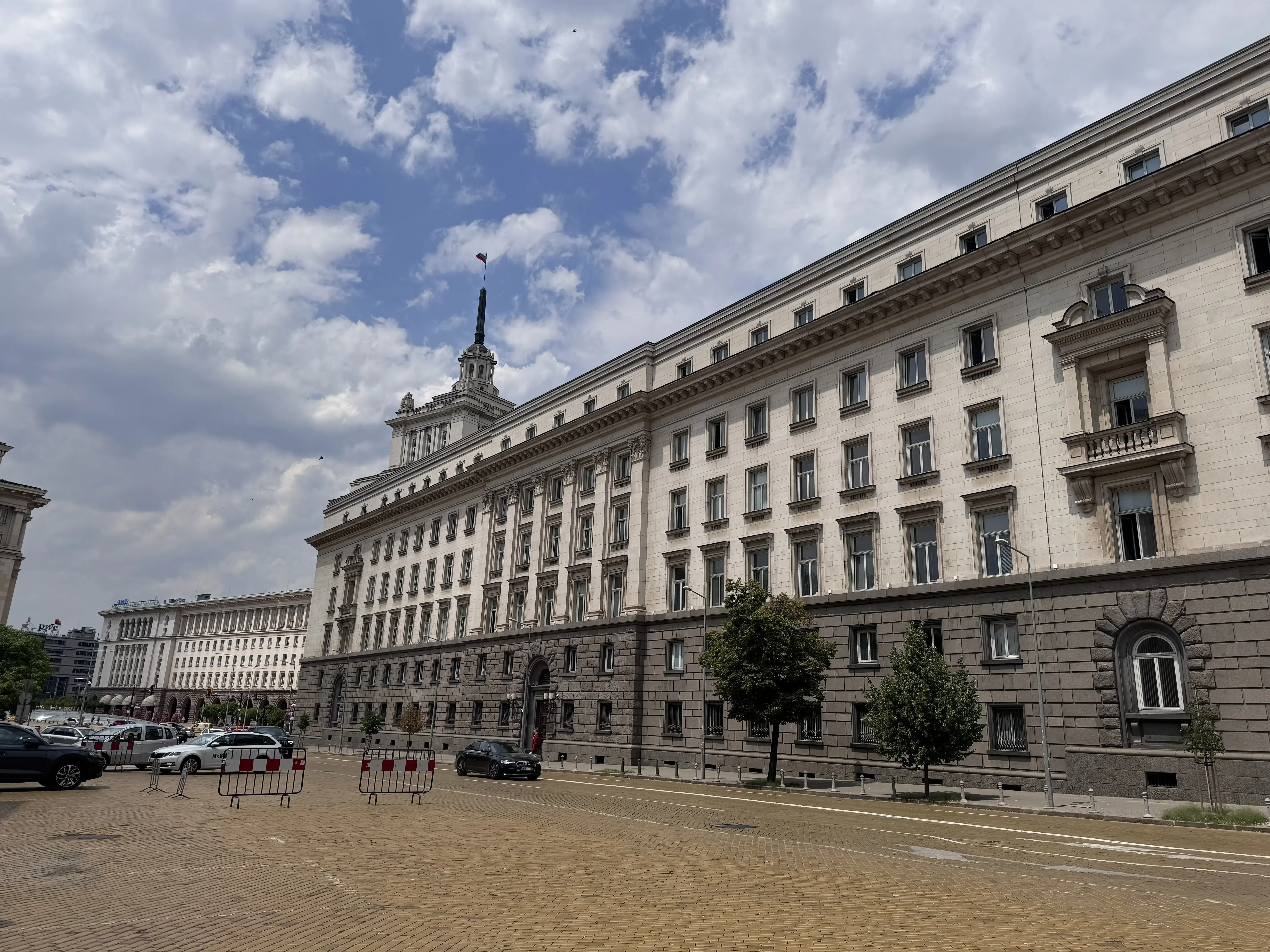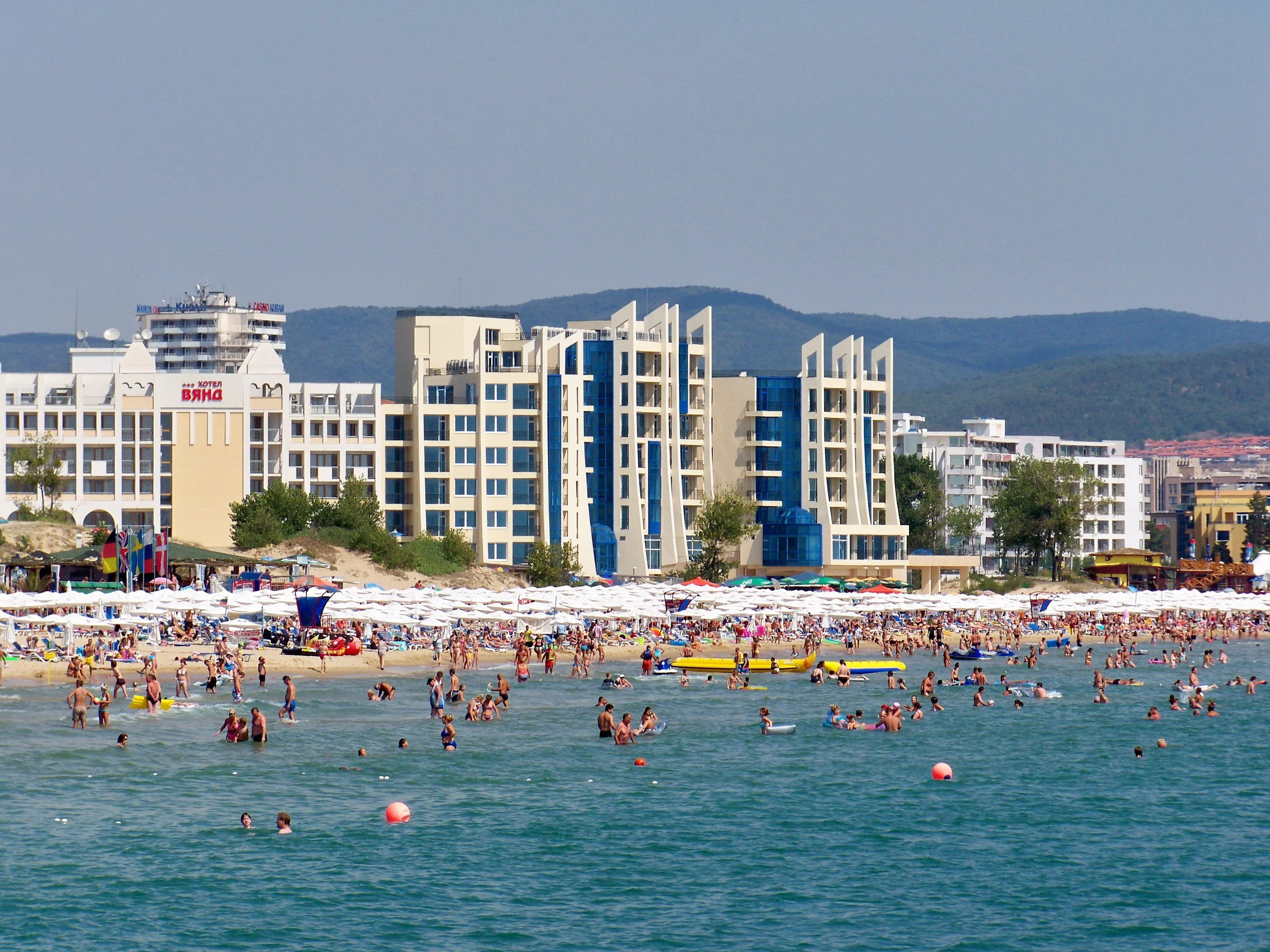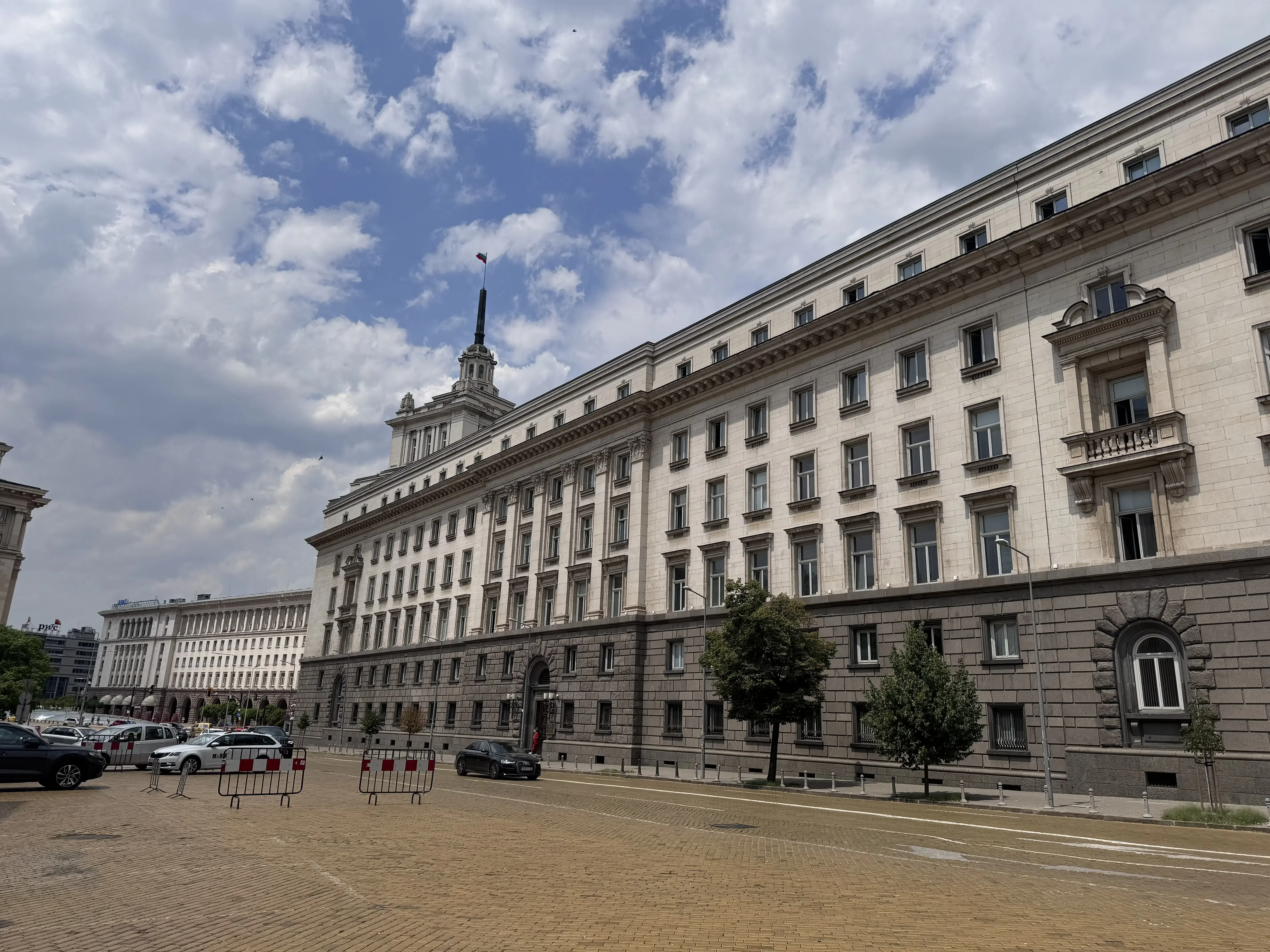Analysis
In-depth analyses, informed forecasts, and interpretations of important events and trends.
The Unexpected Driver: How Ukrainians Revived the Bulgarian Economy
When the first buses carrying Ukrainians fleeing the war arrived at the Danube Bridge in February 2022, the prevailing feeling in Bulgaria was compassion, mixed with economic anxiety. Would our social system hold up? Would the state budget cope?
Christmas 2025: A holiday of "tight belts" or a final farewell to the lev?
Christmas 2025 will go down in history not only as the last one we celebrate with the Bulgarian lev in our wallets, but also as one of the most paradoxical holiday seasons of recent decades.
The Lottery and Sport: Who Wins, Who Loses, and Why?
Sport in Bulgaria is underfunded. Minister Peshev discusses a concession of the Bulgarian Sports Totalizer (BST) to attract funds. Debates on financial flows in gambling and questions about transparency arise.
The Darkness in the Web: How Facebook Became a Tool for Manipulation?
The Cambridge Analytica Facebook scandal revealed data manipulation. The company collected personal information from users for political purposes, turning them into victims of propaganda. Here's what happened.
Bitcoin and Ethereum plummet amid mass sell-offs
Bitcoin, Ethereum, and Solana suffered double-digit losses in an hour due to mass liquidations, a warning from China about cryptocurrencies, and a signal from Japan for higher interest rates, against the backdrop of an already tough November for the crypto market.
Budget 2026: first in euro, why people went out to protest?
The draft Budget 2026 raises the minimum wage and pensions, but at the expense of higher social security contributions, more expensive labor for businesses and a double tax on dividends, which brought working people and entrepreneurs to protest.
Economic and Social Development in Bulgaria: Uneven Pace
The Institute for Market Economics (IME) study reveals uneven development in Bulgaria. The country is divided into rapidly developing urban centers and lagging regions. The economy, labor market, infrastructure, and social sphere are analyzed, noting trends up to 2025.
Cybersecurity Under Pressure: Record Growth of Digital Incidents in Bulgaria
Cyberattacks in the country continue to increase, with the public sector and financial institutions among the main targets. Companies and the state are investing heavily in protection solutions and employee training.
Unemployment in the EU: September Data, Bulgaria Stands Out
Eurostat has published unemployment data for the EU for September. Overall unemployment is stable, but there are worrying trends. Bulgaria reports a low level of 3.5%, placing it fifth in the EU. Youth unemployment is also discussed.
Bulgaria's External Debt: 20.2% Year-on-Year Growth
Bulgaria's gross external debt shows significant growth, reaching 53.605 billion euros. The year-on-year increase is 20.2%, according to BNB data. This represents 47.7% of GDP.
Investment interest in Bulgaria is growing – foreigners choose sea and mountain properties
More and more Poles, Germans, Slovaks and Scandinavians are considering the purchase of vacation and long-term properties in Bulgaria as a stable and profitable strategy. Activity by the sea and in the mountains remains strong despite the dynamics of the market
More and more fake levs: How to recognize the counterfeit - methods and advice from experts
Bulgaria is seeing a rise in counterfeit banknotes, especially 50 and 100 levs. Experts and the BNB recommend simple but effective ways to recognize counterfeits.
Bulgaria welcomes record number of tourists and marks stable growth in 2025
Tourism in Bulgaria reports historic successes with over 13 million foreign visitors, market expansion and development of regional, mountain and sea tourism.
Venture Market Formation and Coworking Growth in Bulgaria: Dynamics, Stimuli, Examples
Bulgaria's venture sector reached €350 million in 2025, while coworking spaces are growing at a rate exceeding 7% per year, transforming the startup ecosystem.
Rise of Women in Leadership Positions in Bulgaria
The 2024 report on gender equality in Bulgaria shows an increase of over 16% in the number of women in leadership positions – reaching 79,000. However, inequalities in pay and employment remain, requiring further measures.















